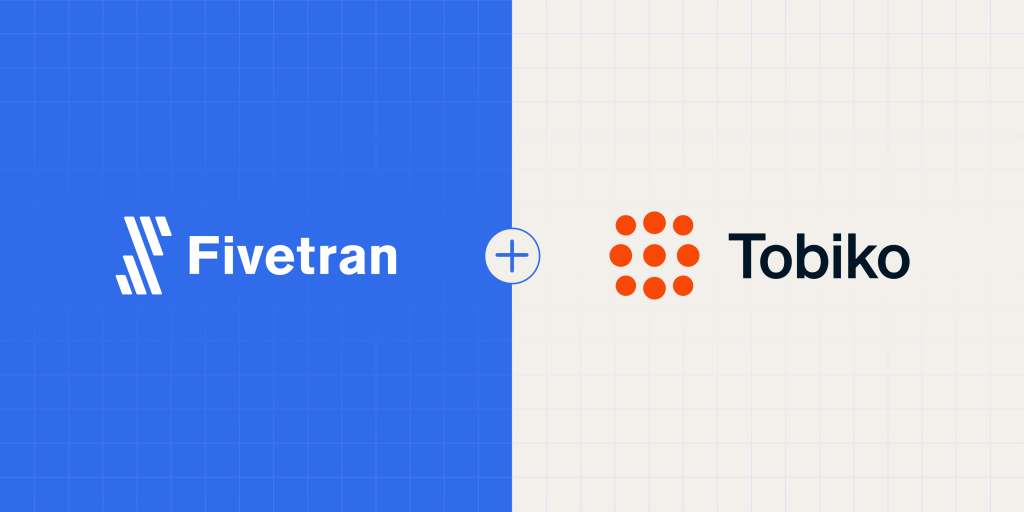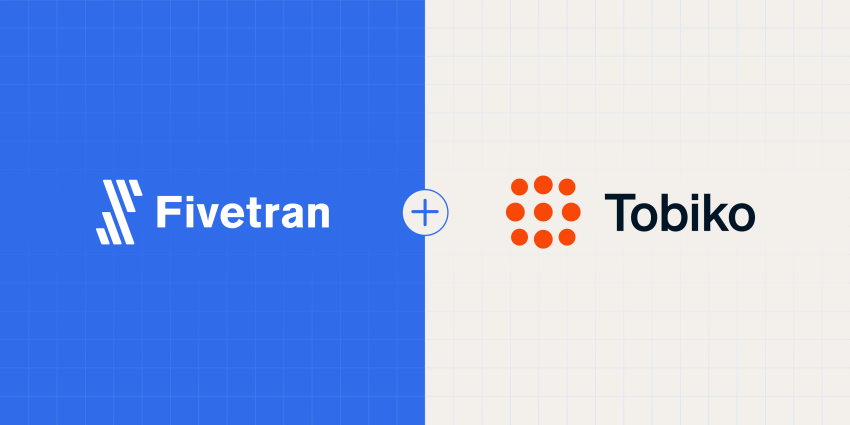
Fivetran’s acquisition of Tobiko Data was both surprising and even a little shocking to me. It made me wonder: are acquisitions in the data tooling space really a good thing?
This post is a bit of a thought-dump, where I’ll explore my reflections rather than present polished answers.
Fivetran Acquired Tobiko Data
I’ve been a big SQLMesh fan since the end of last year (2024). I was impressed with the vision/mission of the founders of Tobiko and their relentless focus on their OSS (open-source) offerings. Ever since, I wrote articles and LinkedIn posts on SQLMesh, promoting and spreading a word for an awesome tool that could improve somebody’s data transformation pipelines. I even started using it in actual work projects, and it became the tool I really love using.
However, one morning I saw a notification in the Tobiko Data Slack channel, where it read, “We’re excited to share some news—Fivetran has acquired Tobiko Data”. I was shocked. I couldn’t believe what I just read. I started searching the internet, trying to find something that would say the otherwise. But I still ended up finding that Tobiko had been acquired by Fivetran. And Tobiko’s OSS projects SQLMesh and SQLGlot are now owned by Fivetran.
I didn’t process everything right away, but one thought that came across my mind was, “What if they stop developing the OSS SQLMesh?”. Since Fivetran isn’t necessarily famous for their economical pricing structure, I was concerned that might be the case for the future of SQLMesh and Tobiko.
The good news is that Tobiko confirmed that their OSS projects like SQLMesh and SQLGlot will continue as they are, and that Fivetran is committed to advancing open source data transformation. This made me feel much better, and it even got me a bit excited about what more funding could mean for SQLMesh’s growth.
Though I still can’t deny the unsettled feeling of these OSS projects being owned by Fivetran, not in the sense that they would get rid of them, but more in the sense that they might take the same route dbt took, which is to focus too much on their commercial offerings, leaving the core OSS project behind.
That said, at the end of the day you have to realize money has to come from somewhere. Especially for OSS projects, funding can often be a challenge.
The Trend: Acquisitions of Small, New Data Tooling Companies by Big Players
Fivetran’s acquisition of Tobiko made me wonder: is this actually a good thing, or could it be bad for existing Tobiko users and the data community as a whole? We obviously don’t know the answer yet, but looking at history, acquisitions of data tooling companies don’t always seem like a positive outcome, at least from the perspective of the company being acquired.
This viewpoint is heavily influenced by the BI industry. For example, Looker was acquired by Google and Tableau by Salesforce, and many feel these tools aren’t perceived as positively as they were before the acquisitions. I think this is largely because Google’s strategy differs from Looker’s, and Salesforce’s focus differs from Tableau’s. As a result, these tools don’t always get the attention, priority, or investment they need. This isn’t great for existing users, but it might be somewhat positive for the broader data community, since more integrations are likely to come, Google + Looker, Salesforce + Tableau, and so on. In the end, I guess we can say there are always both good and bad sides to an acquisition.
You could also argue that even if a company maintains enough market share and funding to survive without being acquired, integrations with other platforms or players will eventually happen. After all, a business exists to generate profit for its owners, and an acquisition can be a very lucrative way to achieve that. Being acquired by a big player often can be a solid return.
Overall, acquisitions are inevitable in the data tooling world. New companies emerge, consolidation follows, and the cycle repeats. A company either stays independent, grows by acquiring others, or gets acquired itself in order to survive or thrive in the market.
Conclusion
In my mind, I understand that acquisitions happen, and there’s nothing you can do to avoid them. But I’d really love to see small, new companies survive and thrive longer in the market—they’re usually the most innovative, customer-focused, and passionate about the data community and tooling industry as a whole.
For Tobiko’s acquisition in particular, I really hope they maintain their focus on OSS projects and continue growing in this competitive market.
